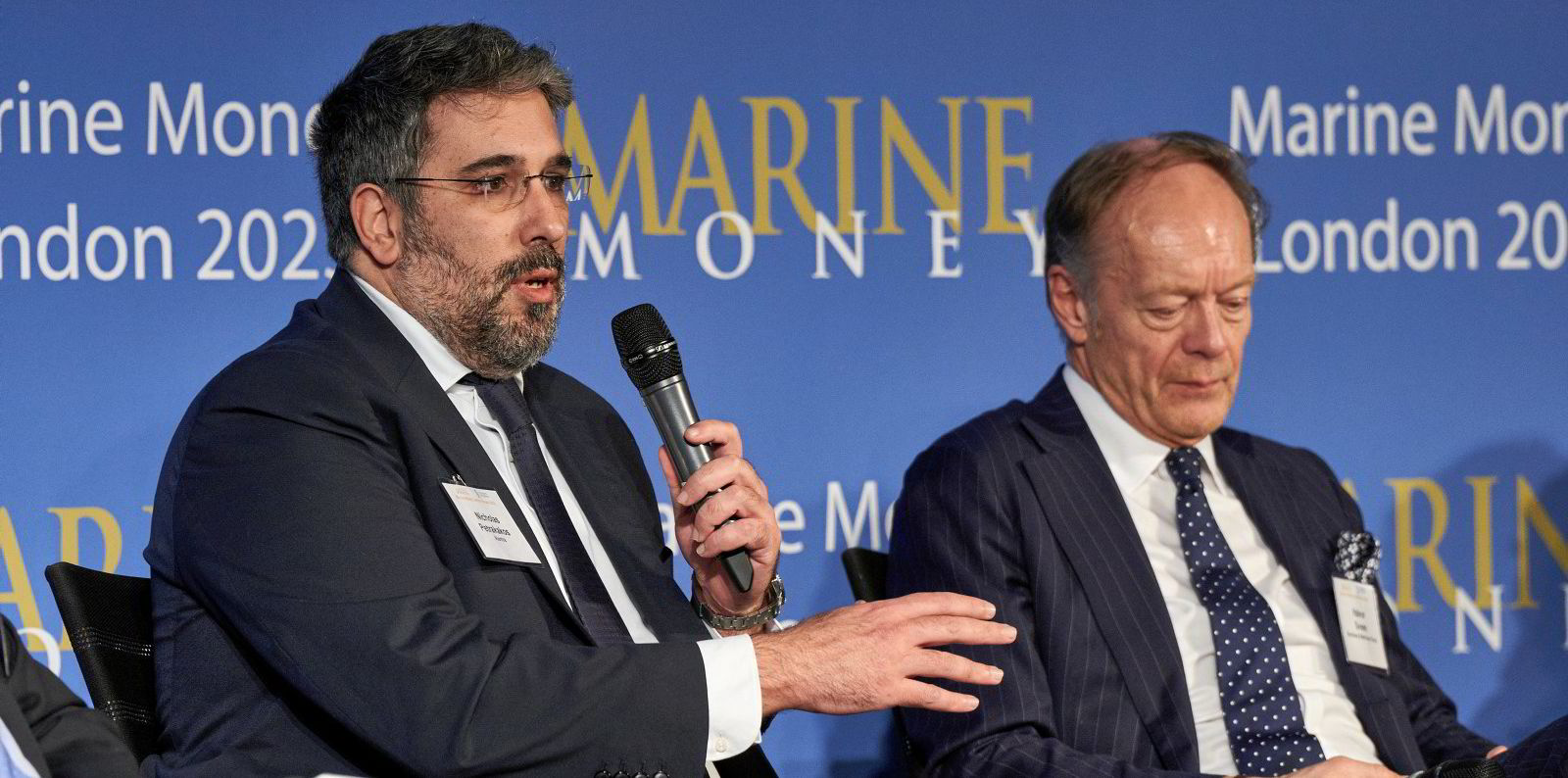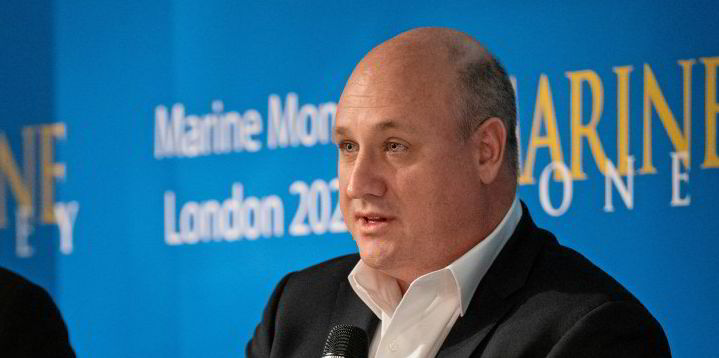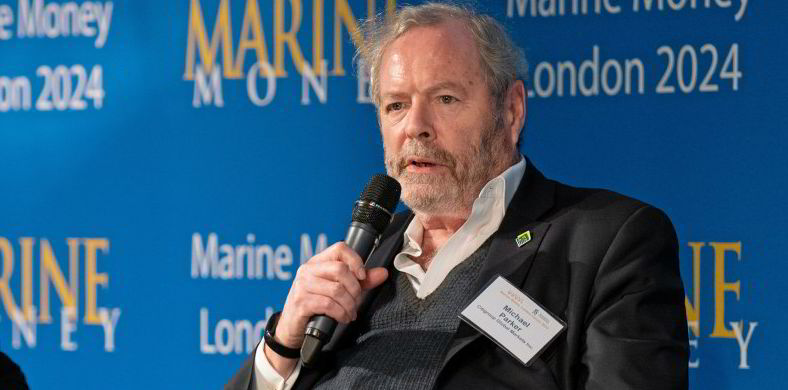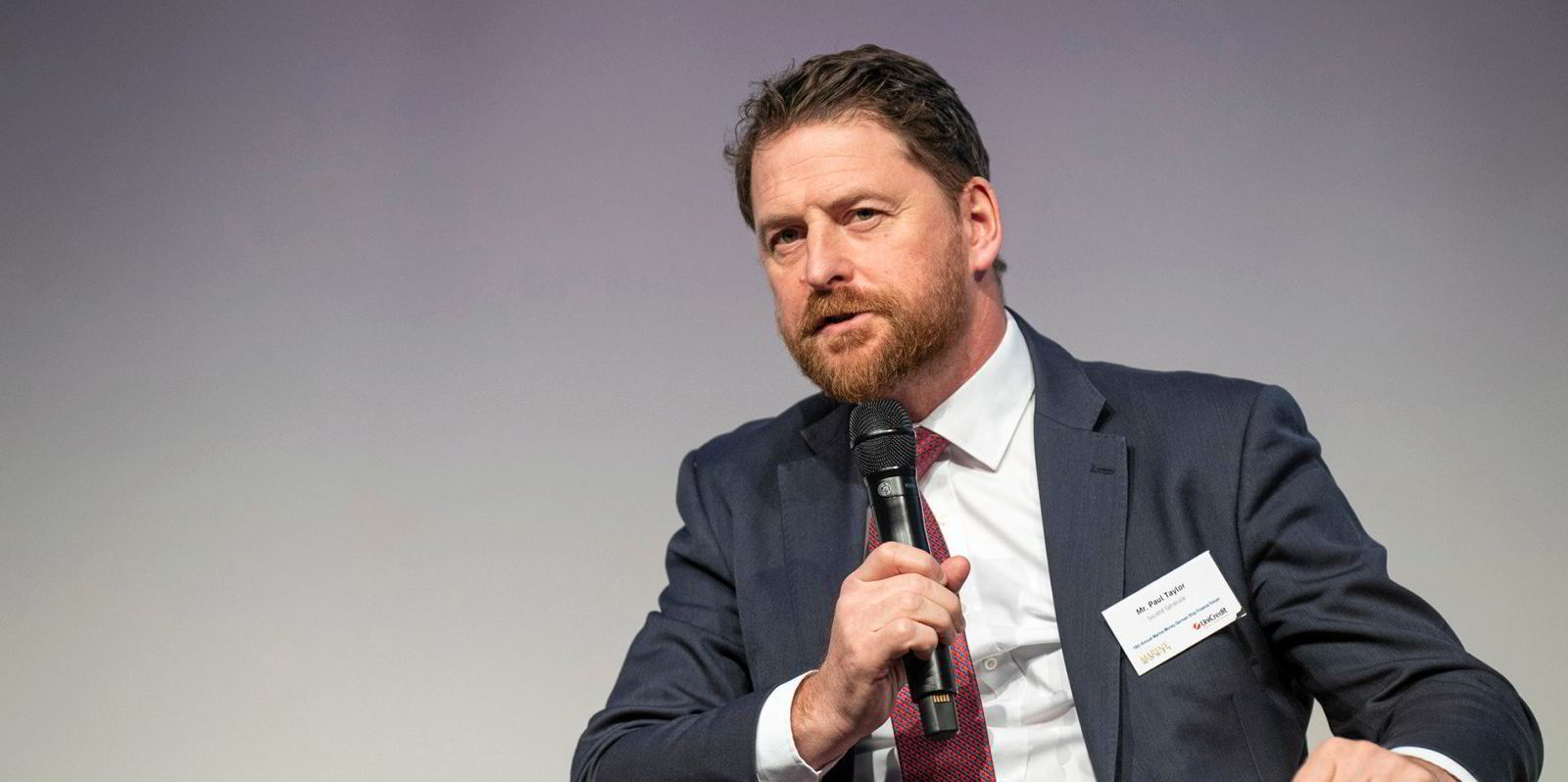Disruption to shipping is a fact of life and a panel of prominent shipping investors and financiers know it — and like it.
Now more than ever, risk management and downside protection are what investors want, the Marine Money conference in London heard on Thursday.
“In the past five years, it looks and feels like we didn’t have three months without some crazy event happening, from coronavirus to wars,” said Nicholas Petrakakos, partner and managing director for maritime and offshore investment banking at Alantra.
“I think this disruption has resulted in bringing shipping back to the mainstream as an investment.”
Look at what is happening in equity capital markets, where seasoned shipping investors and even other shipping companies are acquiring other firms or stakes in them, he said.
When asked about how geopolitical events like vessel attacks in the Red Sea and Israel’s war on Hamas in Gaza would impact the panel’s respective businesses, Blue Ocean Partners managing partner Jake Scott was upbeat — in a sardonic kind of way.
“I think it’s fantastic. The Houthis are a bad shot and we’re all going to make more money,” he said.
“In all seriousness, every shipowner here should just go around [the Cape of Good Hope].”
Wilhelm Magelssen, partner and fund manager at NRP Maritime Asset Management, said: “Disruption is real in shipping and disruptive events happen all the time and it does affect the market — and usually in a positive way.”

Investing in shipping is about buying “something for a terrible market” that will allow you to ride out the down cycle, Magelssen said, “because everyone can handle the upside”.
“Believe me, the upsides will come. It’s going to be more volatile in shipping over the next 10 years. It’s going to be between the first and the fourth floor — we’re not going to the basement,” he said.
Halvor Sveen, CEO of Maritime & Merchant Bank, was perhaps the only panellist who voiced a more ambivalent attitude towards turmoil in shipping.
“It’s always a great paradox that we are judging how all the digital disruptions and geopolitical unrest are creating good opportunities for international shipping. That’s nothing new. That we have seen for decades and, first of all, centuries. There are always innocent people whose lives are being damaged. That’s terrible,” he said.
“I think that the world is demanding safe transportation and creating new supplies. That concerns international shipping in the broader context.
“My thoughts go to all the seamen, the seafarers, sailing personnel, who are risking their lives so that we should have a safe supply of critical commodities.”
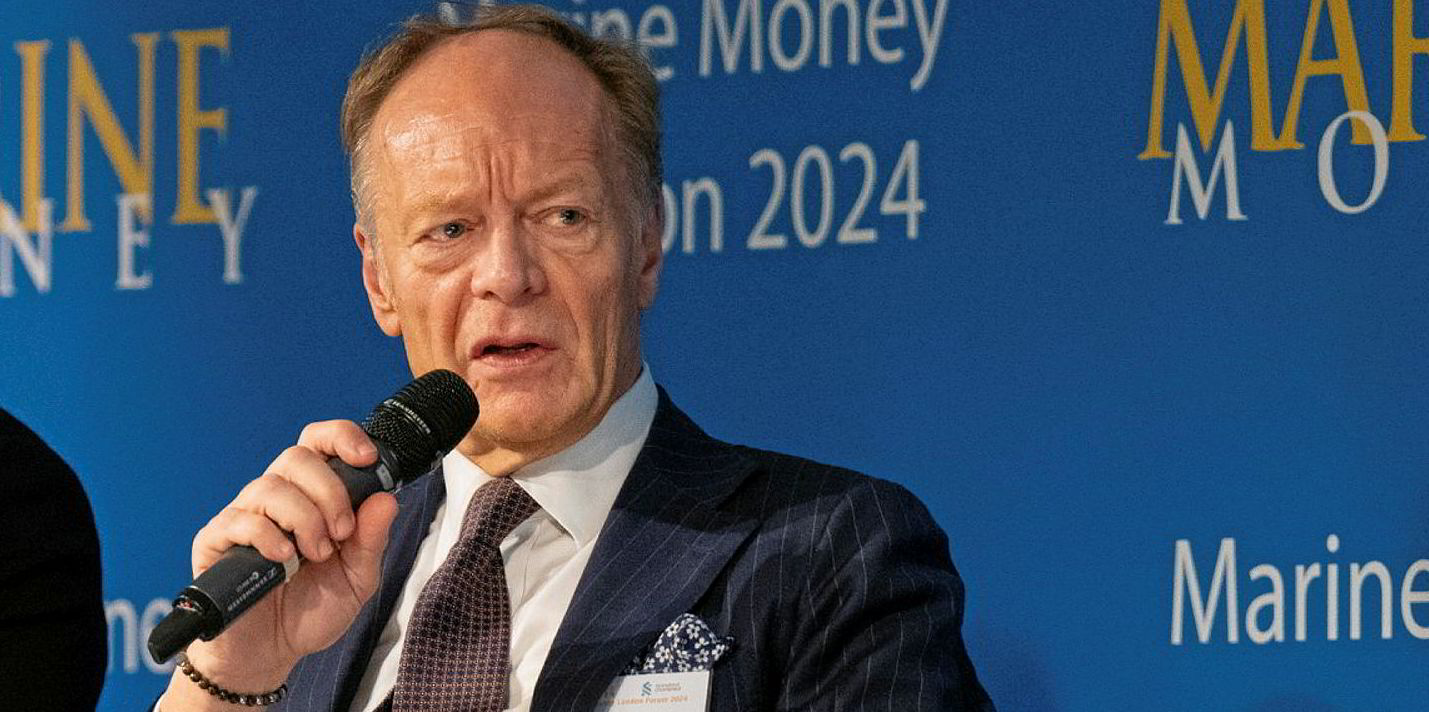
Most shipping companies are in a good position financially, which means now is a good time to focus on developing good governance, and internal processes like reporting and investing in relationships, Petrakakos said.
“We’ve had a good run in most of the markets in the past three years. A lot of their owners have cash and there’s no pressure to pay investors a certain per cent,” he said.
“I think that the winners of the next 10 years will be companies that have very good reporting systems, both on the financial side and the operational side — and the operational side is getting more important, as time goes by.”
Magelssen sees the same thing.
“Investing in shipping, it’s about two things. It’s like how in real estate they say ‘location, location, location’, but in shipping, it’s ‘alignment, alignment, alignment’. You need to make sure that [with] whoever is operating the ship, you are 100% aligned,” he told the conference.
